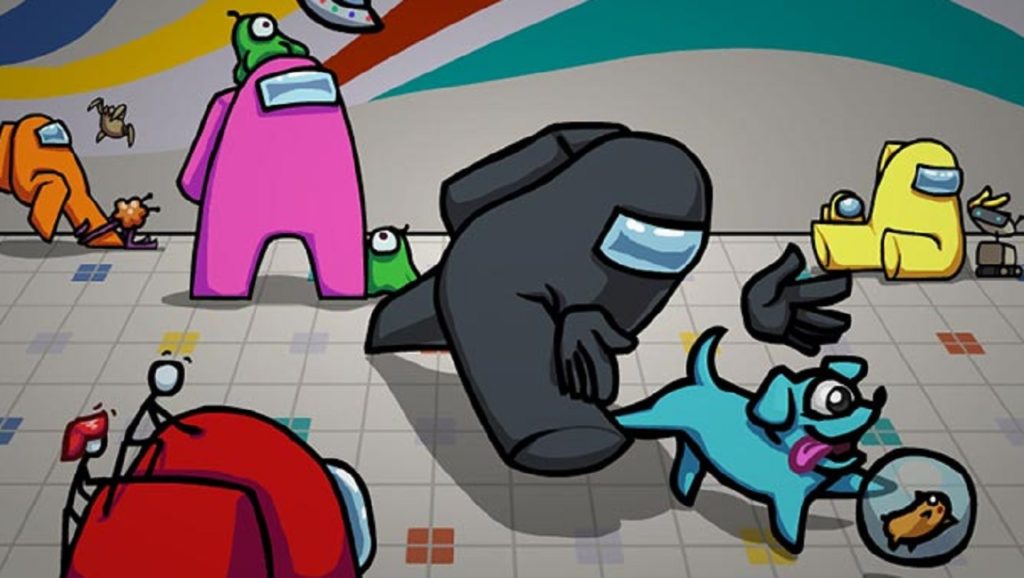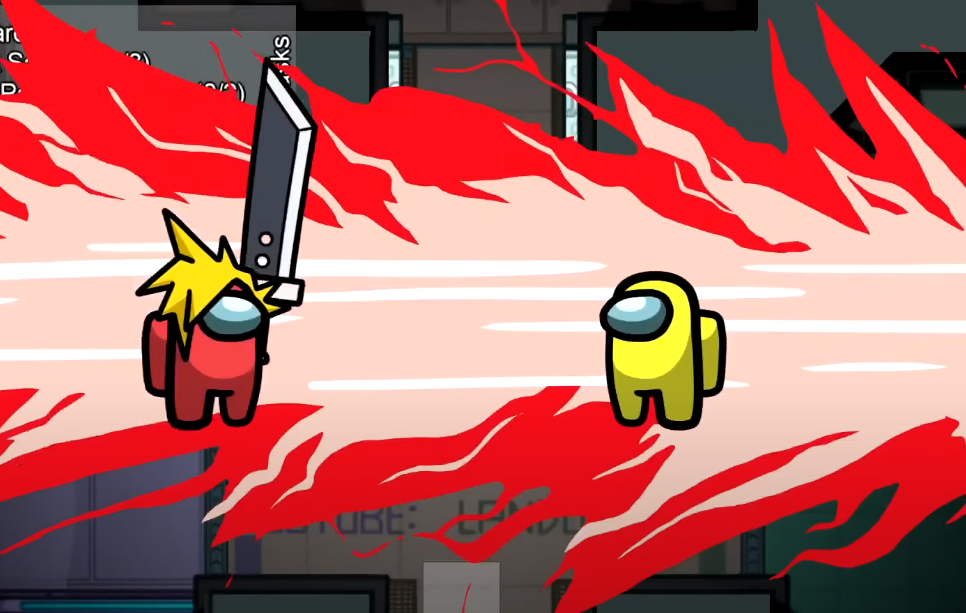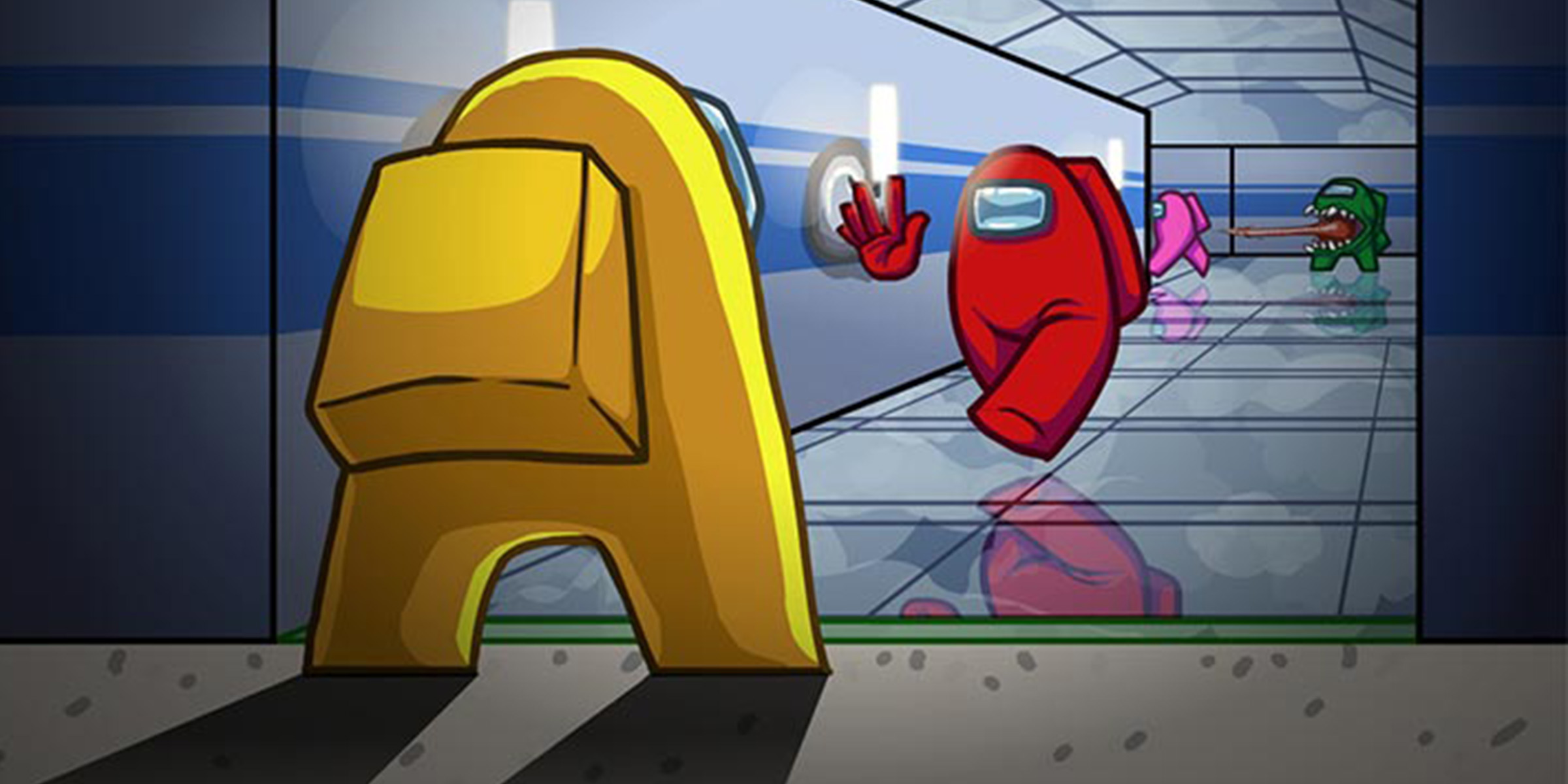10 Psychological Tricks That Made Among Us So Successful
Among Us came out back in 2018. But it really only exploded in popularity in the last year as gamers discovered the fun of playing a game that...
Published 4 years ago in Wow
In fact, paranoia is at the heart of what makes this game so great. Don’t believe it? Here are the psychological secrets that made this game a hit.
1
Overvaluing Certain Ideas
Ever hear of overvalued ideas? This may range from superstitions (like never stepping on a crack on the sidewalk, lest you break your mother’s back) to magical thinking (like wearing your lucky jersey to cheer for your favorite team).
Certain overvalued ideas are relatively harmless (like “the 10-second rule”). But in Among Us, players often fixate on certain Impostor behaviors, including taking too long on important tasks. Before too long, paranoid players will start assuming anyone struggling with a task must secretly be an Impostor.
The lesson? Try to treat each game as its own experience instead of bringing in the baggage of previous overvalued ideas.2
Past Trauma, Present Paranoia
This is one of the darker entries on this list. But simply put, a great many paranoid people have backgrounds that include trauma and abuse. Over time, this causes them to be mistrustful of most of the people they meet.
In this way, a paranoid person playing Among Us may not see other players as they are. Instead, they may see these players as echoes of the bullies and abusers they have encountered in life. This leads to false accusations, hurt feelings, and a generally terrible game experience.3
Rejecting Helpers
In real life, a true hallmark of paranoid thinking is being suspicious of helpful people. For example, a paranoid person may assume that someone who has offered to help them actually has some kind of sinister ulterior motives.
And that translates pretty directly into Among Us. It’s not uncommon for players to vouch for each other as everyone tries to determine who the Impostor is. But once you are paranoid, you might assume that the people vouching for you are actually Impostors trying to falsely win your confidence and trust.4
Searching for Hidden Messages
It’s an open secret that text messages don’t really convey tone. This is why boyfriends everywhere are terrified when they ask their girlfriends how they're doing and get a response that simply says “fine.”
Unless you set up a Discord chat ahead of time, you are limited to text communication in Among Us. And it’s very easy for a paranoid player to look for “hidden messages” in the chat to reveal who the Impostor is. Because of this, the simple act of communicating with other players is likely to make you more paranoid instead of more at ease.5
Paranoid Reasoning
In theory, Among Us is a game of evidence. Players seek out clues to who the Impostor is and try to share their evidence and conclusions with others in order to stay alive.
However, the problem with paranoid reasoning is that the paranoid person has trouble letting go of their preconceived notions. For instance, you might continue to believe that other players are the Impostors long after you encounter evidence to the contrary.
And this paranoid reasoning is highly contagious. After someone shares their paranoid thoughts during an emergency meeting, they will make false accusations and actually get other players to dismiss significant evidence.6
Attention Bias
Attention bias is a close cousin to confirmation bias. Specifically, attention bias is when you focus almost all of your attention on a belief that may not actually be accurate.
Let’s say someone randomly claims you are sus during an emergency meeting. At this point, a paranoid person might build up an entire mythology in their head that the Impostor is trying to frame them for murder.
In reality, the accuser may just be a player making a random guess. But attention bias will cause you to analyze everything they say or do to an insane degree until one of you gets thrown into space.7
Confirmation Bias
Arguably the biggest driving factor in Among Us is confirmation bias. If you don’t already know, confirmation bias is when you have prematurely reached a conclusion and are now trying to find anything and everything that might prove you right.
In Among Us, this happens once you suspect someone is an Impostor. Instead of keeping an open mind, you may be tempted to assume that the innocent things they are doing are part of an evil plan. For example, you may assume someone heading to Electrical is trying to kill someone rather than going to complete one of their tasks. This causes you to issue false accusations and make it easier for the actual Impostor to pick players off.8
Paranoia and Projection
Most people are familiar with the basic idea of projecting. This is when you take your own belief or fear and project it on other people, such as assuming that people you dislike must dislike you in return. And paranoid people take this phenomenon up to “11.”
While playing Among Us, projection is almost constant. For example, you might just assume that many other players are suspicious of the person you are suspicious of. Or you may assume that everyone who plays the Impostor will do the same things you do when you’re the Impostor.
And the projection never really stops, even in the face of changing evidence. For example, when you find out that others don’t share your suspicions, it is easier to think that different players are conspiring together rather than admit you have been suspecting the wrong person.9
Delusions and Blame
One of the more interesting traits of paranoid people is that they blame others for their own mistakes. Instead of taking responsibility for screwing up, a paranoid person blames others for making them do a bad job.
In Among Us, this usually takes the form of messing up on the harder tasks, overlooking a dead body or simply saying the wrong thing during an emergency meeting. It’s easy to blame these mistakes on what others are doing instead of what you have done.
The cherry on top of this is that others are likely to call you out for bad behavior. And the more they call you out, the more it can fuel your belief that they are just out to get you.10
Getting It Right On Accident
You know how a stopped clock is right twice a day? This is exactly what happens with paranoid gamers while they play Among Us.
After playing enough games, a paranoid person is likely to correctly determine who the Impostor is. And what they will remember is that they got it right, even if they misinterpreted all the signs, actions, and emergency meetings.
In later games, memories of successfully finding out the Impostor on occasion will fuel their paranoid behaviors and faulting reasoning. And even if they get things wrong for nine games straight, getting it right on the tenth try will make them feel like their paranoid behaviors are the best way to play the game.













